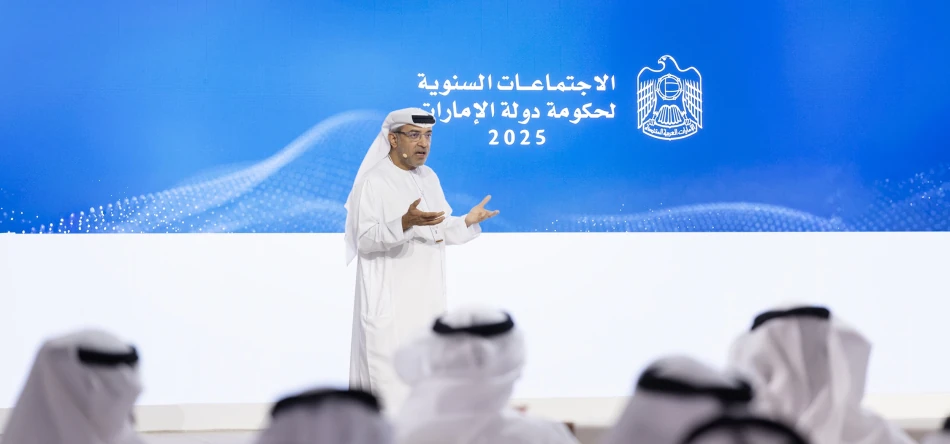
UAE Leads Global Organ Donation Rates, Showcasing Generosity and Compassion
The UAE's national organ donation and transplant program has performed over 2,034 organ transplant surgeries since its launch, positioning the country as a global leader in humanitarian medicine. The "Hayat" (Life) program achieved the world's highest annual growth rate in organ donors per million population, while training more than 10,000 medical professionals both domestically and internationally.
Dr. Ali Al-Obaidi, head of the UAE's National Committee for Organ Donation and Transplantation, shared these figures during a briefing at the UAE Government's Annual Meetings 2025 in Abu Dhabi. The program completed 354 transplant operations in 2024 alone, with contributions from 397 organ donors.
The numbers show how quickly the UAE built its transplant capabilities. Since the program started, medical teams have transplanted more than 2,034 organs across the country. This growth matters because it reduces the UAE's dependence on overseas medical treatments, which can be costly and logistically challenging for patients.
Al-Obaidi emphasized that the program strengthens the UAE's healthcare system sustainability. Instead of sending patients abroad for organ transplants, the country can now handle these complex procedures locally. This keeps medical spending within the UAE's economy and builds local expertise.
The training component extends the program's impact beyond UAE borders. The 10,000 trained medical and administrative staff create a knowledge base that supports regional healthcare development. Many of these professionals work in other countries, spreading UAE medical expertise across the region.
The World Health Organization's 2024 recommendations on international cooperation in organ transplantation create new opportunities for the UAE. The WHO called for countries to work together based on mutual interest and solidarity in organ and tissue transplantation.
This opens doors for the UAE to expand its medical services internationally. The country can offer specialized training programs to other nations and provide transplant services to patients from countries with less developed programs. Such partnerships could generate revenue while advancing the UAE's reputation in medical tourism.
The briefing covered multiple aspects of the program, including legislative frameworks, health impacts, community engagement, economic implications, and private sector involvement. This comprehensive approach shows how organ transplantation connects to broader healthcare policy and economic planning.
For investors and healthcare companies, the UAE's success in organ transplantation signals a mature medical infrastructure that can support advanced biotechnology and pharmaceutical ventures. The trained workforce and established protocols create a foundation for related medical innovations.
Most Viewed News

 Sara Khaled
Sara Khaled






